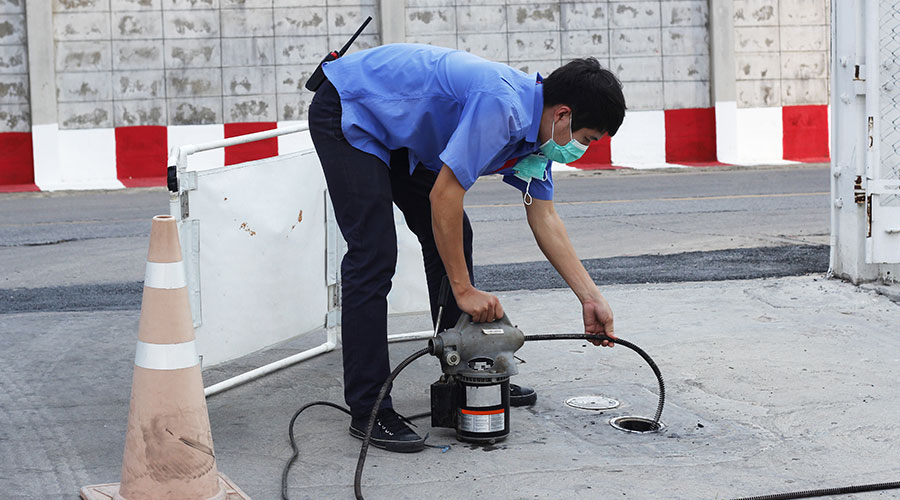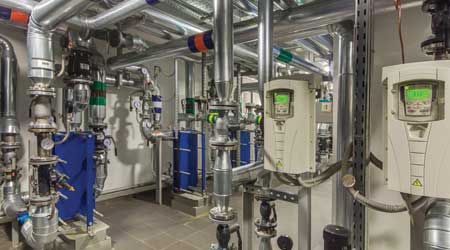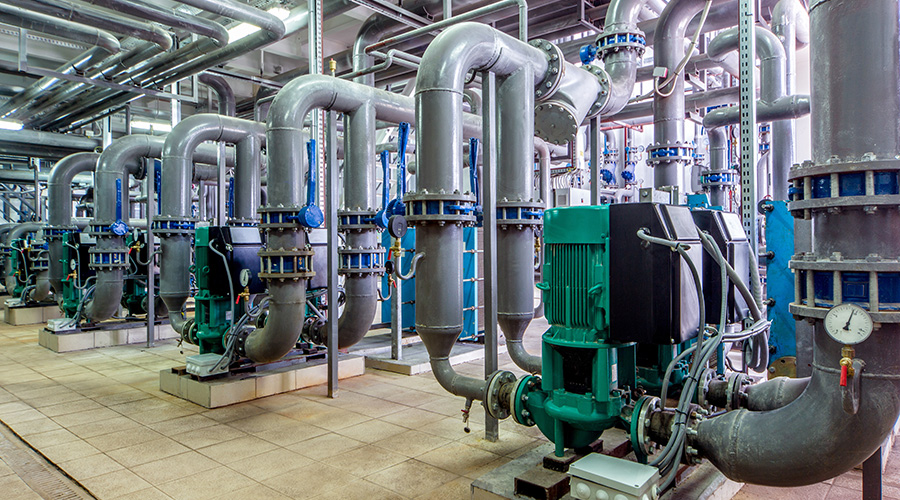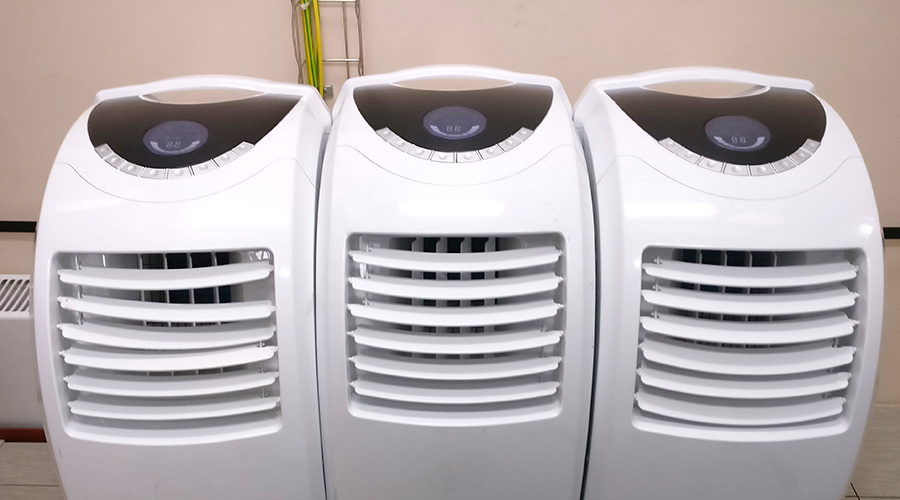Tool for Maximizing Boiler and Water Heater Efficiency
Managers can ensure long-term equipment efficiency by closely monitoring system components and performance.
Boilers and water heaters represent two of the largest energy-using systems in commercial and institutional buildings, and unless they have been properly operated and maintained, they also rank among the largest energy-wasting systems in those buildings. With maintenance and engineering managers under intense pressure to improve operating efficiency, the scrutiny often falls on these two energy-using systems, which offer the potential for substantial savings.
To achieve those savings, managers first must answer three questions. What exactly should front-line technicians look at? If they find something, how can they make the necessary corrections? Answers to those questions lead to the most important question: Is the most prudent decision to repair the existing boiler or water heater or replace it?
Technicians often can determine the condition of many building components through visual inspection, but this does not hold true for boilers and water heaters. They might look fine on the outside and might operate reliably, all while still wasting energy.
Even when properly maintained, normal wear and tear can cause systems and controls to drift from their peak design efficiencies. Dirt and scale accumulate on heat-transfer surfaces. Seals deteriorate and leak. Since these changes typically occur slowly, they often go unnoticed, and efficiency suffers.
The best way to determine the performance of boilers and water heaters is to perform a condition assessment. The assessment has several components, including performing tests and adjustments on the boiler's operation and reviewing its operating logs and maintenance history. Bypassing any of these items will result in an inaccurate assessment of the system.
Understand history
In the world of finance, past performance is not a guarantee of future results. The opposite is true for building boilers and water heaters. Past performance is a very good indicator of future events. Units that have a history of maintenance issues most likely will continue to have those problems and even worse problems in the future. The first step in any condition assessment for a boiler or water heater is to examine the history of the unit.
Technicians should start with the age of the boiler. Small to mid-sized boilers have a typical service life of 15-25 years based on the application and level of maintenance. Larger, cast iron boilers that have been well maintained can last 40-50 years.
While age does not tell everything about the condition of a boiler, it does offer a guideline. If a boiler is approaching the end of its rated service life and needs significant repairs, its age can tip the scale toward replacement and away from repair.
The age of the boiler also impacts its operating efficiency — a major factor when considering repair or replacement. Today’s boilers offer much higher operating efficiencies over a wider range of loads than boilers manufactured 20-30 years ago can achieve.
Managers and technicians also need to consider the boiler's maintenance history. All boilers require maintenance, and the amount increases as the boiler ages. Review the boiler’s maintenance record. What routine and non-routine tasks have technicians had to perform? Is the level of required maintenance fairly constant, or has it increased as the boiler has aged? Have technicians seen unusual maintenance requirements that might be signs the boiler is approaching the end of its reliable service life?
It is also important to review the records and inspect the boiler to see if technicians have performed those maintenance activities according to manufacturer recommendations. Too often, technicians take steps to get the boiler operating — steps that might compromise safety or efficiency.
Managers also should not overlook the boiler's operating log. Depending on the size of the boiler, technicians might have to record data hourly, daily, weekly or monthly. The log can serve as an important check on the long-term performance of the boiler. Many changes in efficiency occur so slowly that they go unnoticed until someone reviews the log records over a period of months or even years.
Related Topics:













